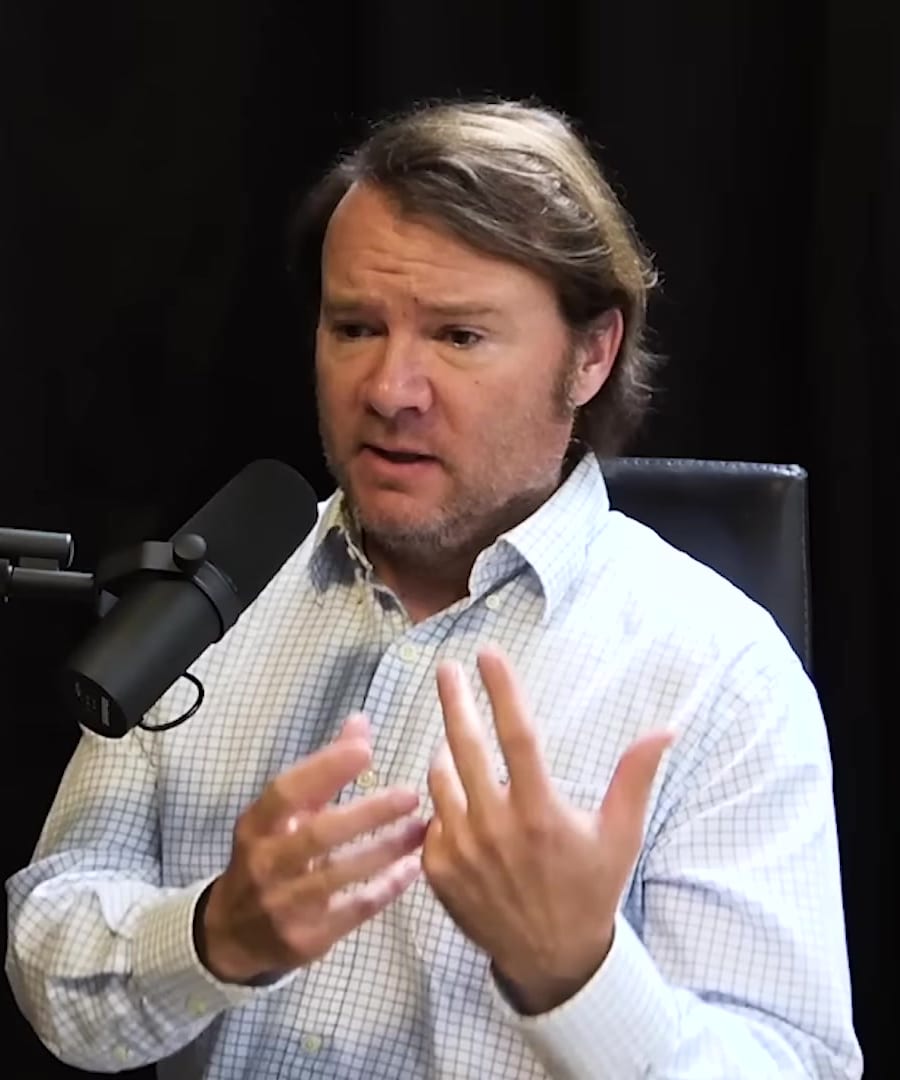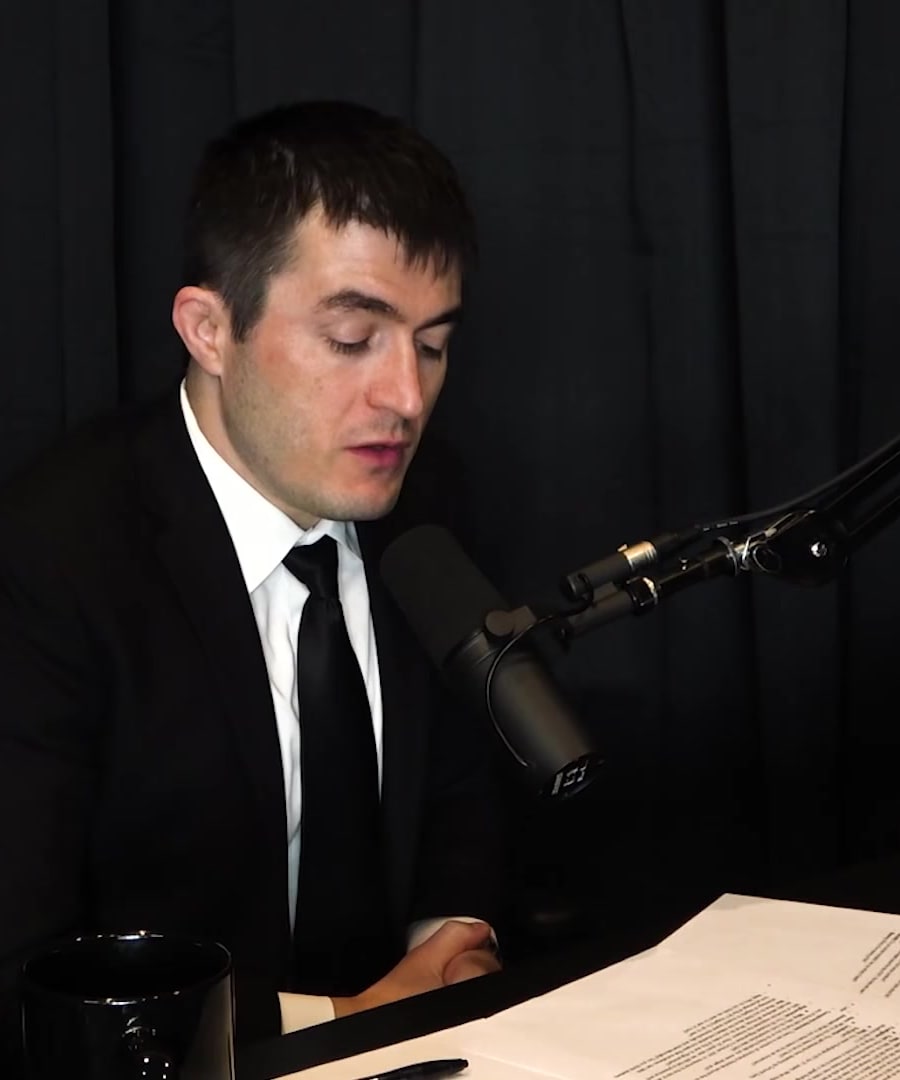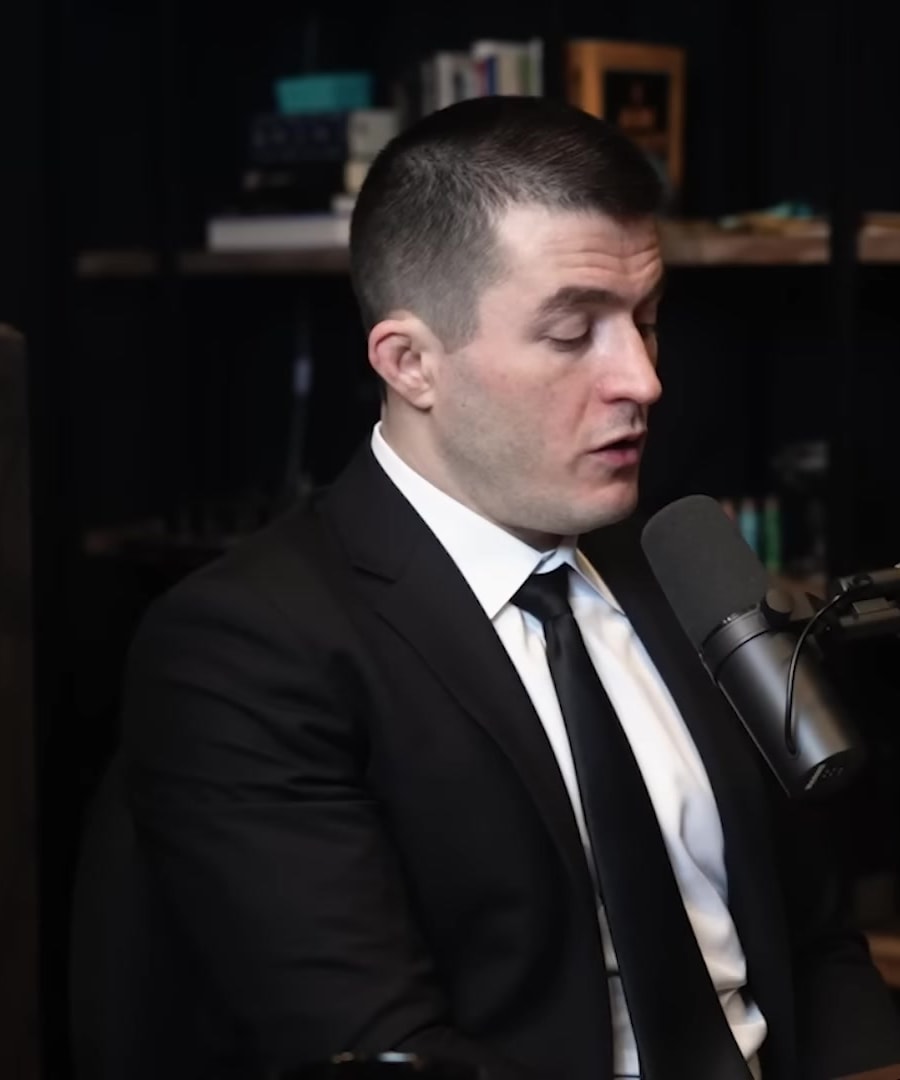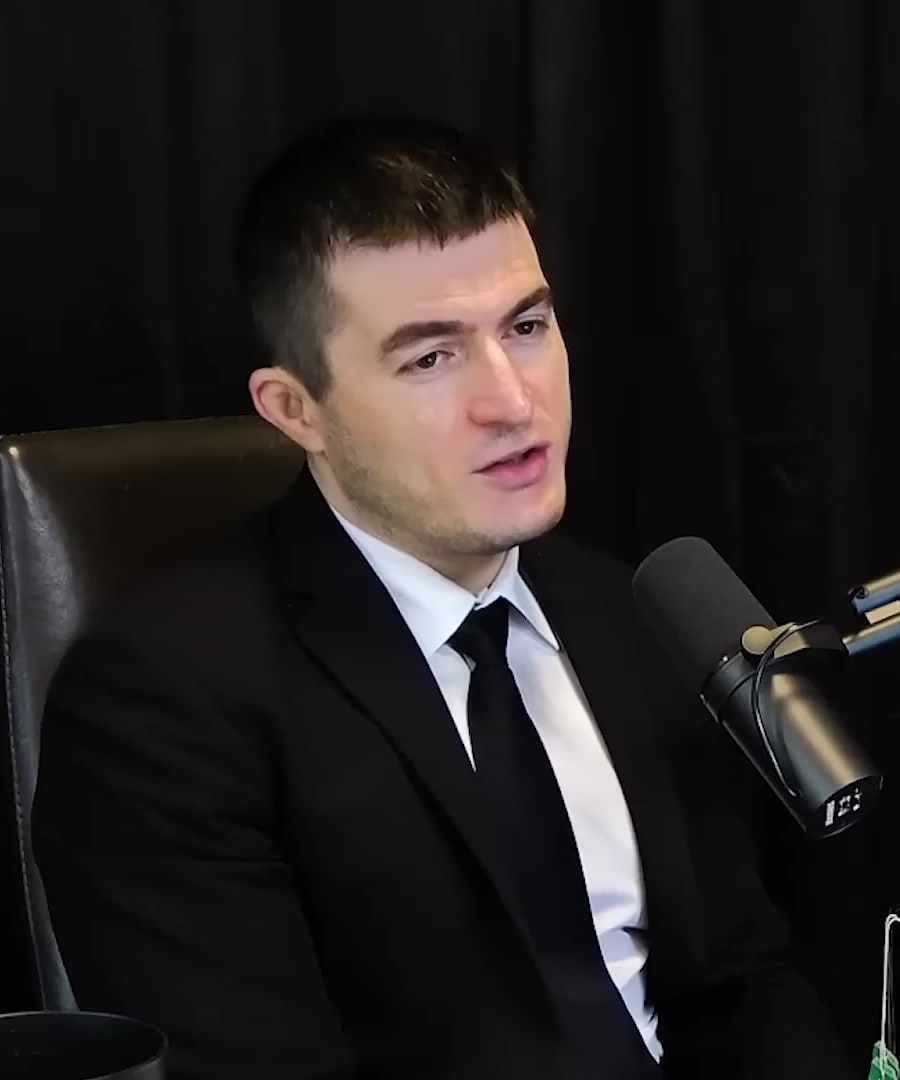war in Afghanistan
Sources:
Lex Fridman and his guests have discussed the War in Afghanistan in various episodes of his podcast. Here are some significant points from those discussions:
-
Initial Invasion and Aftermath:
- Historian suggests that the U.S. invasion of Afghanistan post-9/11 was a reactionary measure by the Bush administration, driven by a desire to show resolve rather than well-thought-out strategy. Crews reflects on the panic that influenced the decision and the skepticism about the connections being drawn between Afghanistan and Al Qaeda’s actions on 9/11 1.
-
International Allies and Taliban:
- Crews points out that the Taliban have diversified their international allies over the years. He highlights a missed opportunity for the U.S. to improve its relationship with Iran post-9/11. The Taliban has also engaged with other countries like Russia and China to strengthen their position 2.
-
Consequences of the War:
- In conversation with , Fridman discusses the financial and human costs of the Afghanistan War, questioning the broader implications such as the spread of hate and the potential for a different, more positive use of the funds spent on the war effort 3.
-
Justification of War:
- speaks on the conditions under which war is justified, emphasizing the focus on national security and exhausting all diplomatic efforts first. She critiques the expansion and misfocus of the Afghanistan mission post-9/11, which diverted attention from the initial goal of targeting Al Qaeda to broader objectives like regime change 4.
-
Pullout and Accountability:
- discusses the sudden and poorly managed pullout of troops from Afghanistan. She expresses disappointment with the lack of accountability from the Canadian and U.S. governments during this process, and highlights her personal experience in helping a high-value family escape the country 5.
-
Overall Impact and Legacy:
- Reflecting on the broader War on Terror, Fridman and Crews discuss the inefficacy of the invasions of Afghanistan and Iraq in ending terrorism. They note the rise of groups like ISIS and the spread of extremist tactics as unintended consequences. The discussion also critiques the military-industrial complex and its role in perpetuating the conflict 6.
These discussions offer a comprehensive view on the War in Afghanistan, addressing its motivations, consequences, and broader geopolitical context.
RELATED QUESTIONS-





